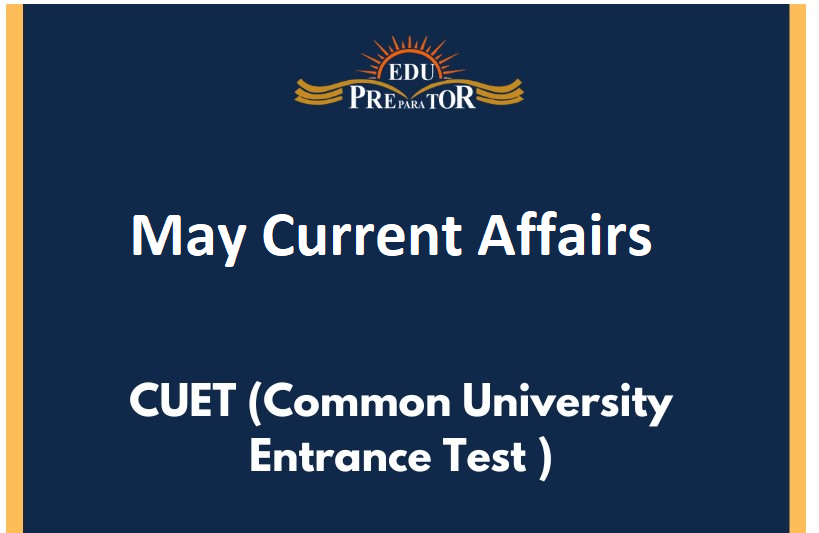
The Power of Election Commission of India to Deregister Political Parties
Introduction:
The Election Commission of India (ECI) recently emphasised on upholding the Model Code of Conduct (MCC) by star campaigners in order not to disrupt societal harmony. This has intensified a debate regarding the ECI's authority to penalise MCC violators including its capability to deregister parties.
Understanding Derecognition of Political Parties:
- Derecognition denotes ECI's withdrawal of acknowledgment of a political party, making it recognized as a Registered Unrecognised Political Party (RUPP).
- Even though they can contest elections, these parties forfeit their recognized party benefits.
- The ECI can deregister a party if it violates provisions in the Indian Constitution or the Representation of the People Act, 1951.
- Recognition of a party at the national or state level requires gaining a certain number of seats or achieving a required percentage of votes in a Lok Sabha (LS) or State Assembly (SA) general
- Presently, there are six national and sixty-one state recognized political parties.
- Recognized parties receive numerous benefits, including having a reserved symbol during elections and forty 'star campaigners.'
Grounds for Derecognition of Political Parties:
- Failure to secure at least 6% of total votes in the general LS election.
- Inability to have a minimum of 4 MPs in the
- Failure to secure 8% of the total valid votes in a state during a General Election to the LS or State
- Lack of mitting audited accounts to the ECI on
- Failure to conduct its organisational election.
Interpreting Deregistration of Political Parties:
- Deregistration pertains to the cancellation of a political party's registration, post which it cannot contest elections.
- The ECI doesn't have the power to deregister parties under the provisions of Section 29A of the Representation of the People Act, 1951, however, parties can be deregistered if their registration was obtained fraudulently or declared illegal by the Central Government.
- There are currently 2,790 active registered political parties in India.
The Call for Deregistration:
- Less than one-third of RUPPs actual contest in elections arousing concerns of tax exemption misuse and potential money laundering.
- Recognized parties often defy the MCC, but the ECI can only bar leaders from a short campaigning period.
- There is a need to ensure electoral integrity by removing dormant entities, promoting transparency, and enhancing democracy by checking the dilution of the electoral process by inactive parties.
The Way Forward:
- The ECI in its 2016 memorandum suggested amending the law to empower it to deregister a
- Simultaneously, the Law Commission's 255th report on 'Electoral Reforms' recommended the same for a party failing to contest elections for ten consecutive years.
- The commission initiated an effort in 2016 to identify inactive political parties and discourage the establishment of parties solely for tax exemption benefits.
- Former CEC T.S. Krishnamurthy proposed the National Electoral Fund as a potential alternative to state funding, encouraging contributions from all donors, and distributing funds to parties based on election results, to inhibit inactive political parties.



Comments
Nam cursus tellus quis magna porta adipiscing. Donec et eros leo, non pellentesque arcu. Curabitur vitae mi enim, at vestibulum magna. Cum sociis natoque penatibus et magnis dis parturient montes, nascetur ridiculus mus. Sed sit amet sem a urna rutrumeger fringilla. Nam vel enim ipsum, et congue ante.
Cursus tellus quis magna porta adipiscin
View All